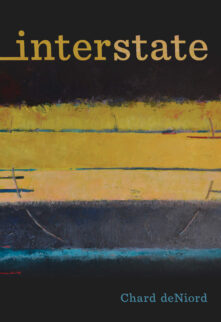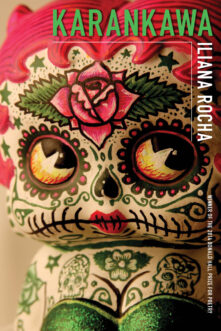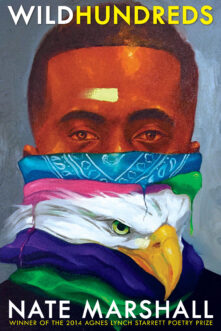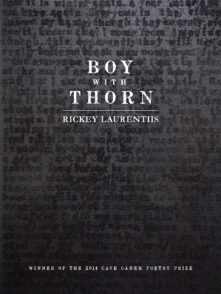Books
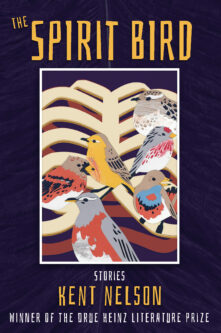
The Spirit Bird
Stories
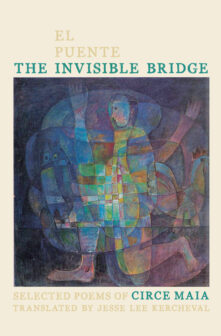
The Invisible Bridge / El Puente Invisible
Selected Poems of Circe Maia
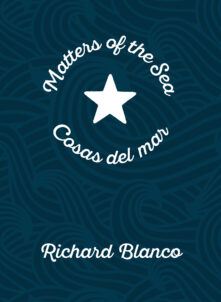
Matters of the Sea / Cosas del mar
A Poem Commemorating a New Era in US-Cuba Relations
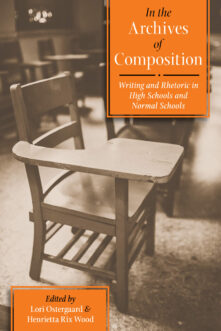
In the Archives of Composition
Writing and Rhetoric in High Schools and Normal Schools
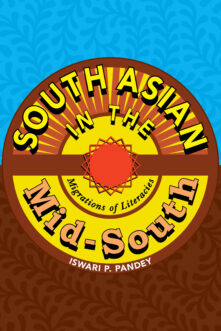
South Asian in the Mid-South
Migrations of Literacies
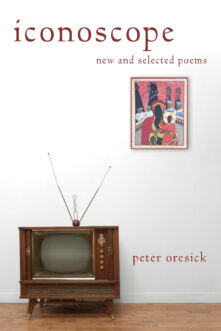
Iconoscope
New and Selected Poems
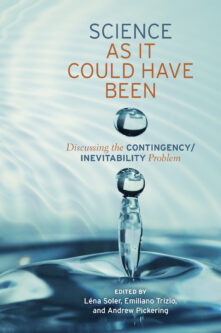
Science as It Could Have Been
Discussing the Contingency/Inevitability Problem
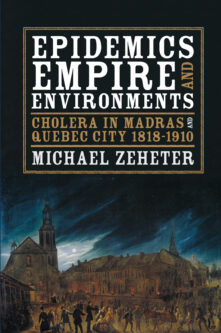
Epidemics, Empire, and Environments
Cholera in Madras and Quebec City, 1818–1910
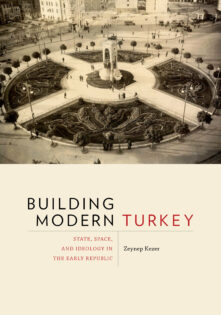
Building Modern Turkey
State, Space, and Ideology in the Early Republic
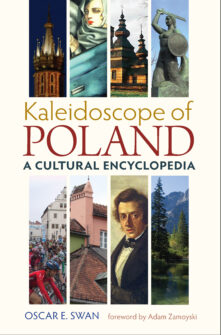
Kaleidoscope of Poland
A Cultural Encyclopedia
Total 1559 results found.


